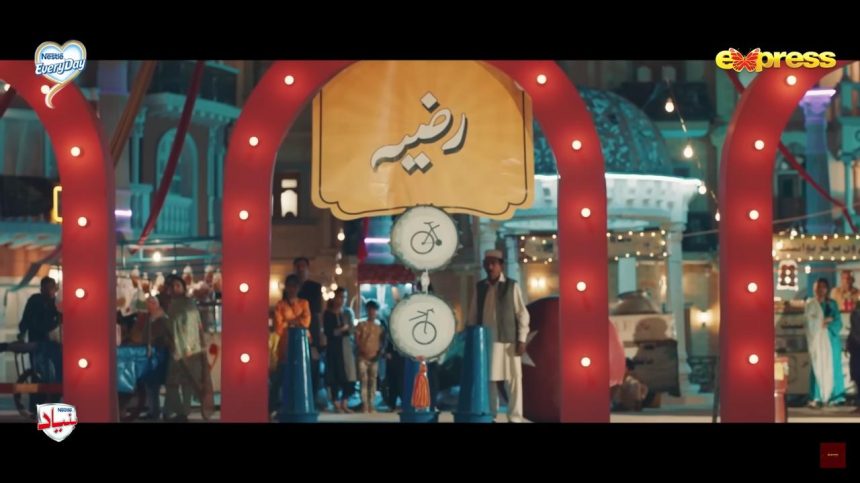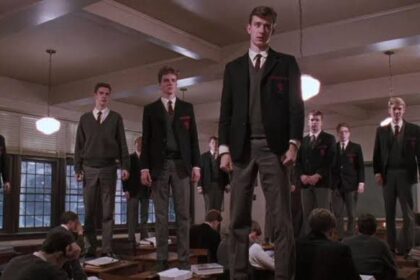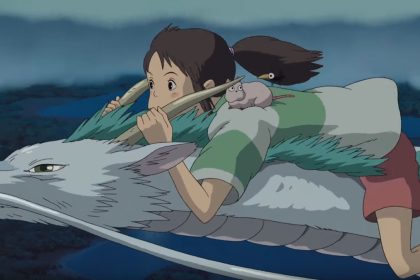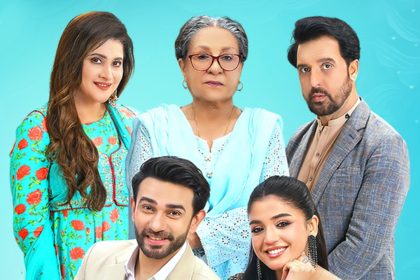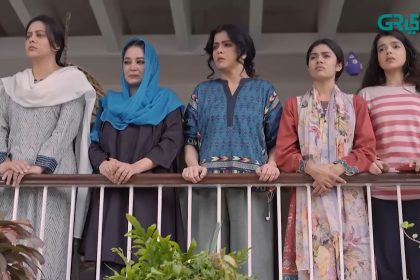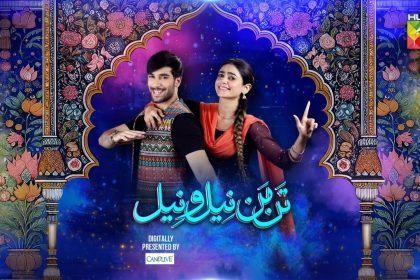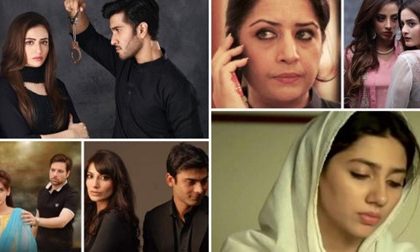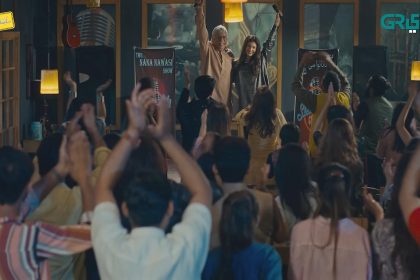What we see onscreen is often a reflection of what we are as a society. Dramas that are made with sensitivity are a prime example of this statement. The dialogues, character arcs, traits, and narratives are a reflection of what may be a reality to someone somewhere near us. So it is with these shows that we connect the most—characters and stories that speak to us, to our lives.

One such drama is RAZIA. Only a 6-episode long mini-series, RAZIA premiered on Express Entertainment. The series is directed and written by Mohsin Ali and produced by Kamran Afridi and Hina Aman.

A storyteller (played by Mahira Khan) performs at a local fair, narrating the story of a girl named Razia (played by Shaheera Jalil Al Basit). Razia’s story is a simple one—a story of a girl and her journey to womanhood. She’s a first-born daughter to a family who wanted a boy. To a father, Saleem Ahmad (played by Mohib Mirza), who is a typical misogynist man, and to a mother, Zohra Saleem (played by Momal Sheikh), who has bowed down to the patriarchy like several of those who came before her.

The turning point in Razia’s life begins when her brother, Ali (played by Arman Sami), is born, becoming the highlight of her parents’ lives and a reminder of how she could never live his life. Razia is a story of unfulfilled dreams and desires that are faced by a girl throughout her life—from the moment she’s born, when no one shows up to celebrate her existence, to when she grows up and is expected to fill the role of a sacrificial scapegoat, a symbol of honour and yet never honoured.
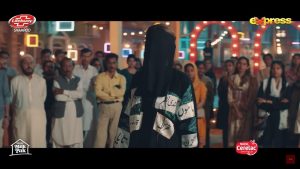
A Typical Story?
One might think that Razia’s story has been told many a time before, so why should one watch Razia? For starters, Razia’s story has really not been told before—at least not in the way Mohsin Ali has written and directed it. He has delved into what being a little girl, who just wants to cycle and play with the freedom she sees her brother enjoy, really means in a society that is actively working to negate her existence. With each episode, you are shown how strategically women are denied their role in the community. Razia is first neglected in her own house, then made to believe that the same house is her only haven. But for her, it is a cemetery where she buries her dreams, one by one: can’t cycle, can’t make friends with the opposite gender, can’t study, can’t question, can’t talk back. She’s too old to play outside and yet too young to make her own decisions, to have an option to choose.
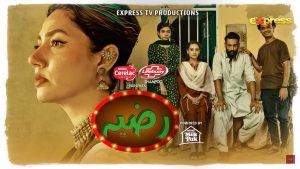
But Razia and her story isn’t about submissiveness. It is about self-discovery and realising one’s worth, to be self-sufficient while holding those who genuinely care about you close to your heart. One such person in Razia’s life is Mannu or Manohar (played by Kaleem Ghori), her childhood friend, whose companionship and love transcended personal gratification or interest.
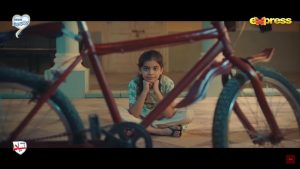
Moreover, what makes RAZIA a show not too overwhelming for one’s senses is the comedic relief that Mahira’s character brings with its narration. The storyteller’s part in the show is also to be the voice of reason, laying out societal absurdities with irony and satire while still maintaining the poignancy of Razia’s story.

One cannot praise the show without praising the makers. Mohsin Ali’s commitment to his work is clearly visible with the amount of effort and sincerity that has been put into the making of RAZIA—from the costumes of the storytellers to the animation, production design, trajectory of each character and, of course, the progressiveness of the plot. I could not get enough of the two title tracks which have been incorporated so thoughtfully into the whole show—Cinderella by Adnan Dhool and Cola Ke Dhakkan by Fabiha Hashmi. In terms of performances, while everyone was great in their respective roles, in my opinion, this was Shaheera Jalil’s show. Considering this was her first project ever, she completely owned Razia.
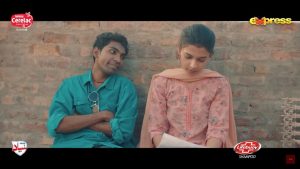
Maybe through our privileged lens, we might only see RAZIA as any other female-centric show—a story which doesn’t resonate in today’s ‘progressive’ society—but deep down we know that we have a long way to go before labelling any aspect of our community as ‘progressive’. It will only take a look at the comment section under any of its episodes on YouTube for you to realize that for countless women and little girls, Razia is a depiction of their lives. And it will only take a look deep down within yourself for you to realize that you too were, and maybe are, a Razia.




